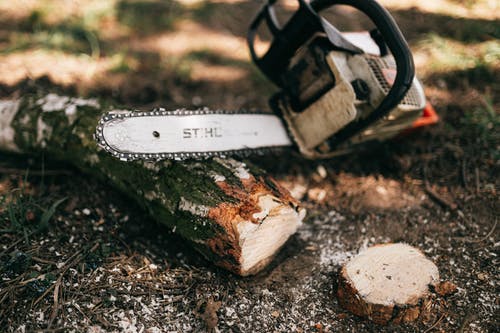Help with what to do with garden waste
Doing work to the garden is a rewarding task and can transform a house into a home with a pretty and relaxing space to sit outdoors. However, even if you are an avid gardener who loves to have green fingers whenever possible, you might not always know the best ways to dispose of the waste produced from your gardening.
To make the task of disposing of garden waste a little easier, Mr Rubble, a waste management company that offer skip hire Sheffield, have put together some advice for the next time you do your garden.
Grass
If you are living in the UK, many councils will provide you with a green waste bin. This is the best and easiest way to dispose of your grass clippings after cutting the lawn. However, if your garden is larger than most or has been a very long time since it has been seen, you may have to take some of it to a local tip. This is due to green waste bins only accepting a small amount of clippings. It is best to check with your local council how much you can put into your containers and then estimate how much you will produce before starting.
If you haven’t got access to a green waste bin or you’d prefer to find a more natural way of disposing of your clippings, you can reuse them in your garden. For example, after cutting your lawn, the clippings can be spread back on top of it. It may seem an odd concept; however, adding these clippings helps to improve the health of your grass and the soil by adding extra nutrients. Even more, clippings are a great addition to your compost heap, if you have one, or they can be donated to a friend or neighbour who does
Wood and Timber
If your garden is going to produce wooden waste, including timber, mainly made from cutting down trees or taking apart fences, it cannot be put into your recycling bins provided by the council. This is because a lot of household and garden woods, fences especially, are treated with chemicals to improve its colour and how weather resistant it is. Due to this, it makes the wood challenging to decompose, meaning it cannot be easily recycled.
Although this is a shame and will make life a little more complex, it’s best to take the wood to professional Wood Recycling companies when possible. There are many across the UK, or, if you’d prefer, you can contact your local waste management company. They will have connections with the best wood recycling and disposal companies and will take the wood and dispose of it for you more often than not. There may be a cost for this, so it’s best to speak to them before making the trip.
Items you can put into a council provided recycling bin
- Flowers, plants and leaves
- Pruned branches and twigs
- Weeds and grass cuttings
- Grass cuttings
Items you cannot put into a council provided recycling bin
- Wood/large branches
- Cat litter and pet waste
- Food
- Soil
Wherever possible, please check with your local council before disposing of any garden and home waste. Different areas accept different wastes types, and we don’t want you to have any unnecessary hassle.
Paint tins
Not many people are aware, but paint is actually a very hazardous substance when it comes to disposing of it. You will most commonly have leftover paint if you decorate your house and paint your shed or garden fence. It can be frustrating if you have a small amount left and there is not enough to reuse it for another project. If this is the case, we strongly stress that the paint should not be poured down the sink or the drain.
Due to it being so hazardous, it also cannot be sent to landfill as the tins are banned. The best way to dispose of paint tins is to take them to a local Household Waste Recycling Centre. However, many will insist on the leftover paint being hardened before they accept the tins. Tips on how to do this can be found on sites such as YouTube, but you can purchase a paint hardener which will usually do the trick. Just make sure it is solid right through to the middle!
Before you throw away any waste produced from your garden, it is always best to check with your local council whether they will accept it and if they have any advice for your specific waste type. Waste management companies are also very knowledgeable and will offer advice on the best disposal methods.

